The Learning Clinic’s Clinical Program provides students with comprehensive clinical services that include individual, family, and group therapy. Fidelity of treatment is a central focus of the TLC treatment program, and incorporates an ecological approach to design of campus and facilities to elicit and support self-management. To achieve this cohesiveness, clinical interventions are uniformly implemented in all settings: school, residential house, during community activities.
The Learning Clinic uses a modified form of Cognitive Behavior Therapy to help students develop the ability to self-regulate. This also includes a solution-focused, practical approach within a natural environment. Skill development is facilitated by the consistent signals in the Learning Clinic environment: 1) consistent daily routines; and 2) consistent responses to student actions. Expectations are defined, supported, prompted, and practiced in multiple settings. Consequences for behavior are relevant and each student receives a personal review of actions through and over time.
We also strive to partner with parents to help them apply the same interventions and similar structure at home.
Clinicians collaborate with parents, teachers, and residential staff to develop each child’s personalized Treatment Plan and to monitor the student’s progress. This is achieved through ongoing review of behavioral data, parent and staff observations and feedback, and video monitoring.
TLC clinicians work closely with community based psychiatrist to share historical and current, real-time data and concrete feedback on the efficacy of medication interventions. Students are assigned an individual clinician who meets with them weekly, and conducts the family therapy sessions. Students may also be assigned to participate in skill-focused group therapy sessions to help them learn strategies for developing skills that compete with problem behaviors, and move them forward to achieve identified goals. At the residential houses, students also participate in weekly clinician-led Group Process meetings, to help students identify and problem-solve social interaction difficulties between peers.
